The Denial Dilemma in Ophthalmology
Even top-performing ophthalmology clinics lose thousands of dollars each month to insurance denials.
Why? Because most denials stem from preventable administrative errors — not clinical ones.
Common causes include:
- Missing or mismatched CPT/ICD-10 codes
- Incomplete documentation
- Missing prior authorizations
- Incorrect modifiers for bilateral or global services
- Delayed submissions or expired claim timelines
Each denied claim can take 30–60 minutes of staff time to investigate and resubmit — multiplying across hundreds of encounters per month.
AI eliminates these inefficiencies by detecting, correcting, and preventing denials before they happen.
Why Manual Denial Management Fails
Traditional revenue cycle teams handle denials reactively:
- A claim is denied.
- Staff reviews the payer notice.
- Errors are corrected manually.
- The claim is resubmitted — weeks later.
By then, cash flow is disrupted and valuable staff time has been wasted.
AI changes this model entirely by making denial prevention and resubmission automated and proactive.
How AI Prevents and Manages Denials
AI-powered systems like Honey Health analyze every claim, note, and authorization before submission — ensuring accuracy and compliance.
Here’s how it works:
1. Real-Time Claim Validation
AI checks every claim against payer rules before it’s sent.
- Verifies CPT and ICD-10 pairings for ophthalmic services.
- Ensures required authorizations are attached.
- Confirms documentation supports billed procedures.
Result: Denials prevented before they occur.
2. Automated Error Detection and Correction
AI learns from past denials to predict and correct future ones.
- Detects missing modifiers or invalid combinations.
- Updates claim data automatically using payer-specific logic.
Result: Clean claims that pass on the first try.
3. Smart Resubmission Workflows
For claims that do get denied, AI takes over the resubmission process.
- Identifies the denial reason from the EOB.
- Corrects the claim automatically if possible.
- Tracks and documents every edit for audit readiness.
Result: Resubmissions completed in minutes, not days.
4. Denial Analytics and Trend Detection
AI continuously analyzes denial patterns.
- Identifies payers, codes, or providers with recurring issues.
- Recommends workflow improvements or training opportunities.
Result: Fewer repeat denials and stronger operational oversight.
5. Compliance and Audit Logging
Every change — from detection to resubmission — is automatically documented.
- Creates full audit trails for internal or payer reviews.
- Maintains HIPAA and SOC 2 compliance.
Result: Transparent, defensible revenue operations.
The Financial Impact of AI Denial Prevention
Ophthalmology clinics using AI to manage claims and denials report:
- 40–60% fewer denials overall
- 80% faster resubmission turnaround
- 20–30% increase in collections rate
- Significant reduction in manual billing hours
AI doesn’t just catch mistakes — it learns from them, continually improving accuracy across every payer and service type.
Why Honey Health Is the Best AI Platform for Denial Management
Honey Health’s AI-driven revenue cycle engine ensures every claim is accurate, compliant, and ready for approval.
With Honey Health, ophthalmology clinics can:
- Validate documentation and codes in real time.
- Auto-correct claim errors before submission.
- Resubmit denials automatically.
- Analyze payer and code-level trends.
- Stay fully compliant and audit-ready.
Honey Health bridges the gap between clinical documentation and financial accuracy — turning billing from a reactive process into a proactive one.
From Denials to Predictable Revenue
AI removes the guesswork, the rework, and the frustration from ophthalmology billing.
With automation managing claims and compliance, practices experience faster payments, fewer headaches, and better control over cash flow.
Honey Health makes every claim count — the first time.

